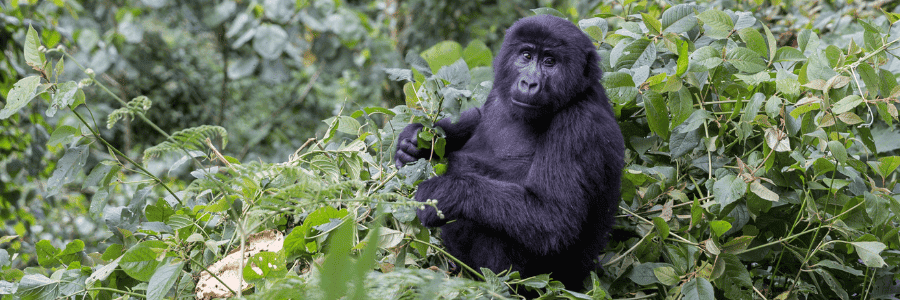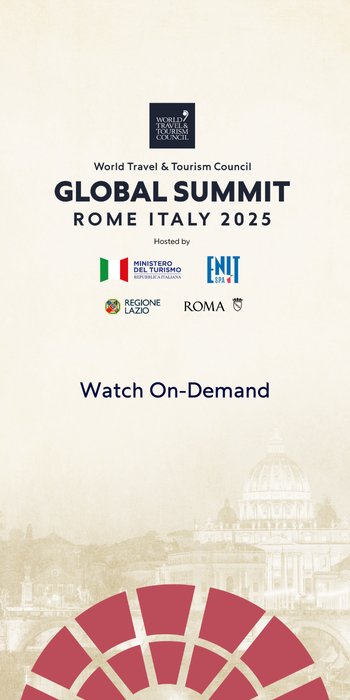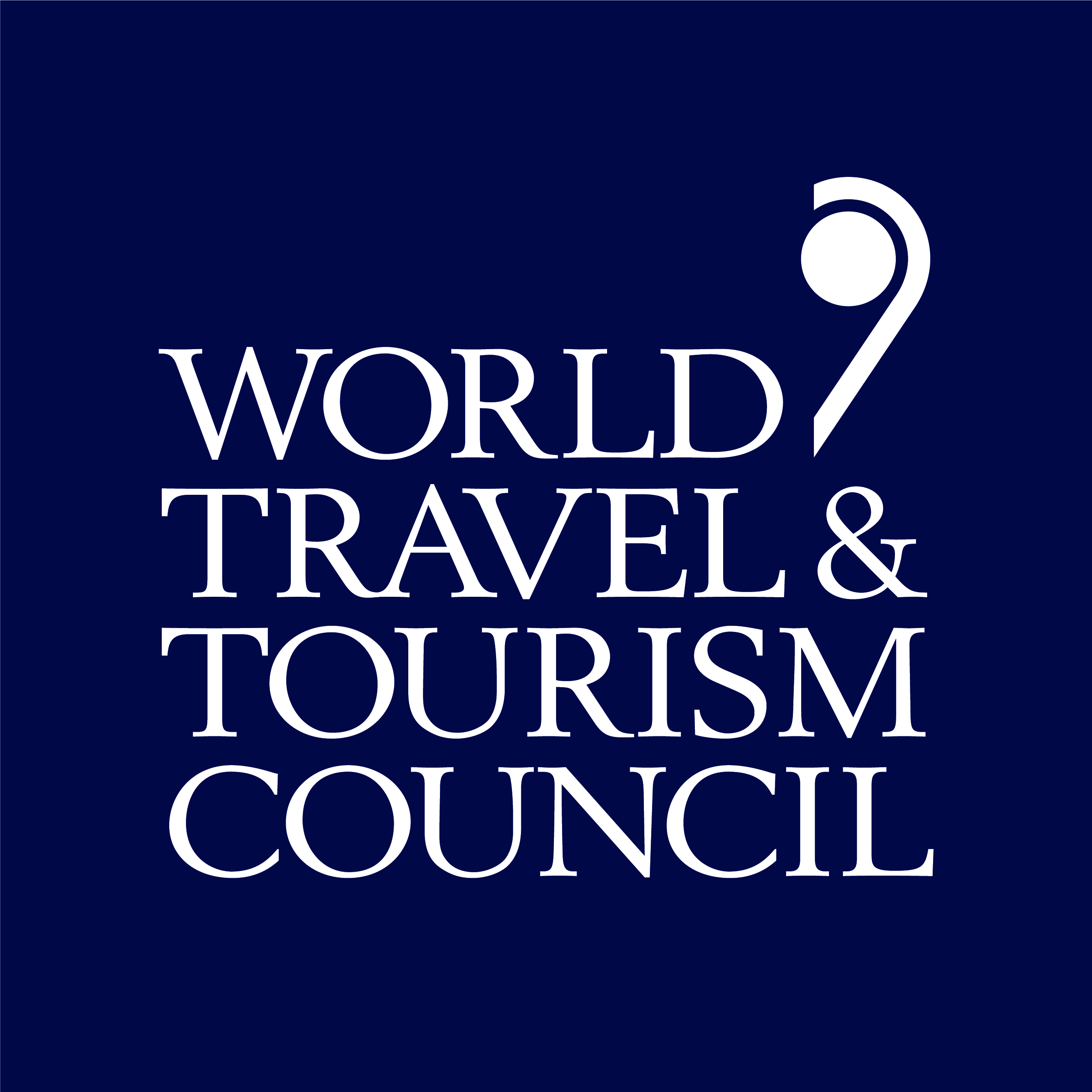Tourism is the new oil: Developing countries betting big on travel economy

From the golden sands of Africa to the highlands of Latin America and the pristine coasts of Southeast Asia, a quiet revolution is underway. Developing nations that once leaned heavily on oil rigs, mines, and monoculture crops are now turning their gaze to something far more sustainable, inclusive, and powerful. As the world grows more connected and curious, the economic impact of tourism is becoming the new barometer of national prosperity, and at the heart of this transformation lies a thriving ecosystem of small and medium enterprises (SMEs).
Sign in to access actionable insights
From the golden sands of Africa to the highlands of Latin America and the pristine coasts of Southeast Asia, a quiet revolution is underway. Developing nations that once leaned heavily on oil rigs, mines, and monoculture crops are now turning their gaze to something far more sustainable, inclusive, and powerful. As the world grows more connected and curious, the economic impact of tourism is becoming the new barometer of national prosperity, and at the heart of this transformation lies a thriving ecosystem of small and medium enterprises (SMEs).
From extractive to experiential
For decades, countries rich in natural resources structured their economies around what could be dug, drilled, or harvested. But volatile commodity prices, geopolitical risks, and environmental degradation have exposed the fragility of resource dependence. In contrast, tourism offers a renewable economic engine that generates foreign exchange and spreads wealth across sectors, from hospitality and handicrafts to transport and tech.
Take Rwanda, for example. Once reliant on agriculture, it is now a leader in conservation-led tourism, with its mountain gorillas drawing high-value travellers from across the globe. In the Caribbean, islands traditionally known for their sugar exports are rebranding themselves as eco-luxury getaways. Even oil-rich Gulf nations like Saudi Arabia are diversifying their futures with billion-dollar tourism visions like NEOM and The Red Sea Project.
The macro trend creating micro magic
This global shift is not just a strategy for GDP growth, but a lifeline for local entrepreneurs. The economic impact of tourism is hyper-local in nature. Tourists stay in community-run homestays, eat in family-owned restaurants, buy souvenirs from artisans, and book experiences with local guides. In this environment, SMEs are the protagonists.
In emerging or underdeveloped destinations, tourism presents a rare convergence of demand, visibility, and support. Governments and development banks are channelling investments into tourism infrastructure and capacity building. Digital platforms are reducing entry barriers for micro-entrepreneurs to market themselves globally. Social media is turning once-obscure villages into viral sensations. For SMEs, this is a golden era to be bold.
Role of governments and policy
Recognising the economic impact of tourism, governments are stepping up. Visa reforms, air connectivity enhancements, digital nomad visas, and SME funding programmes are becoming common strategies. For instance, Indonesia’s Ministry of Tourism launched a ‘Wonderful Indonesia’ initiative, which actively supports small businesses with training and promotional opportunities. Similarly, Kenya’s government is investing in skill-building programmes for tourism SMEs, recognising them as frontline ambassadors of their country’s brand.
Development institutions are also playing a vital role. The World Bank and UNWTO are helping fragile economies design tourism masterplans centered around inclusivity and resilience, often with SMEs as the cornerstone of these plans.
For SMEs, this moment is a sea change to shape. The travel economy rewards authenticity, innovation, and human connection, all things small businesses excel at. Unlike resource economies that require massive capital and centralised infrastructure, tourism empowers the grassroots.
Want to create a wellness retreat in a Himalayan village? A heritage walk in a centuries-old town? A culinary tour through backstreet kitchens? The market is wide open. And with the right blend of storytelling, digital presence, and local pride, even the smallest venture can attract global travellers.
Moreover, the ripple effects are immense. A thriving tour company boosts local transport. A well-reviewed guesthouse increases footfall to neighbourhood stores. An SME’s success story can uplift an entire community.
The world is moving fast, and travellers are seeking meaning, connection, and culture in every mile. As developing countries shift their gears toward tourism-led growth, the stage is set for local entrepreneurs to lead the show. All you need is a vision, a story, and the courage to act.

















